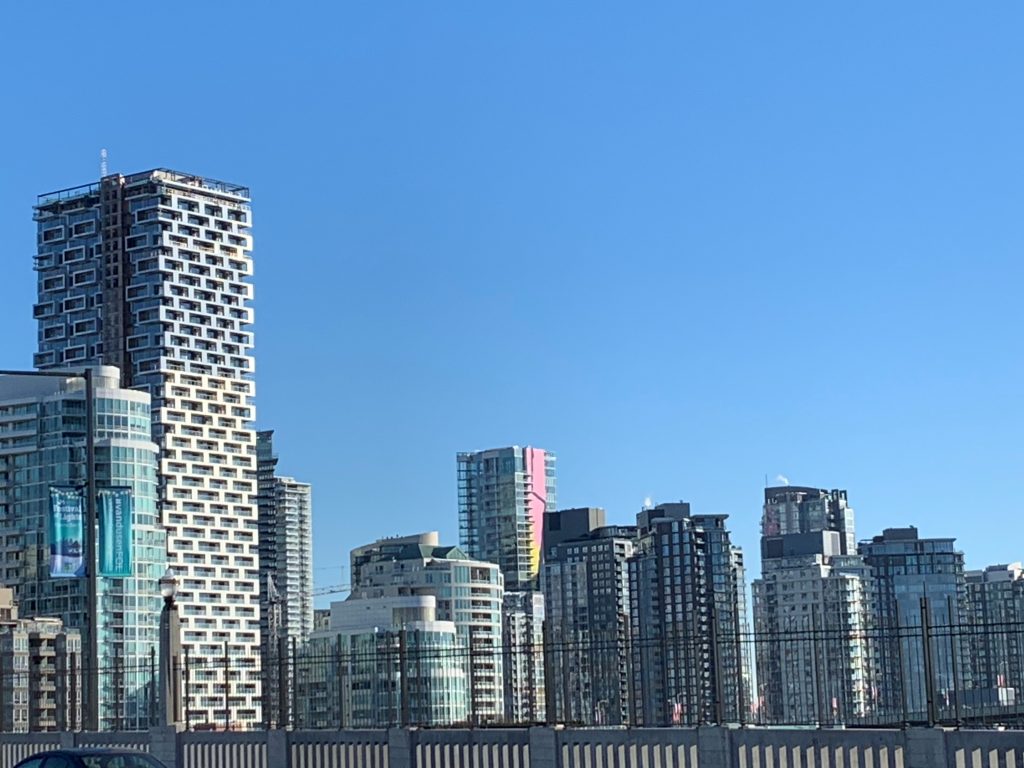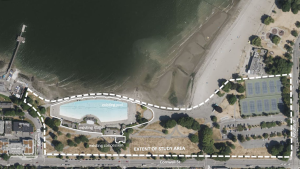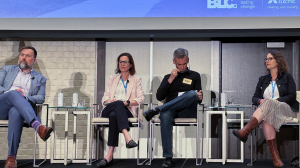The City of Vancouver is looking into the near future with a big plan.
Vancouver’s planning department is considering a city-wide plan, the first of its kind since Vancouver City Council formed a city-spanning plan in 1928.
“It was never officially adopted, so this is the first plan, but the 1928 plan did have a huge influence on how the city looks today,” said City of Vancouver general manager of planning, urban design and sustainability Gil Kelley.
Vancouver is unlike most cities in its lack of a city-wide plan, he added, though because of “innovation and flexibility at the local neighbourhood level” the city has adapted over the years.
“But what’s prompted myself and the council to look at adopting the plan is that the pace of growth is really fast now. What does the future look like, and how do we keep up with the growth we envision?” Kelley asked.
The new plan is also a way to look at how the city fits within the region and to reinvent what a city plan means, he said.
“This is not your grandfather’s plan. It speaks to the hopes and dreams of those living here today and many people feel locked out,” Kelley said. “What kind of place do we want to be when we grow up? What are our next big moves in terms of transportation, infrastructure and accommodating population growth?”
Densification will continue, he added, but “it can take many forms, and that’s one of our key questions.”
Factors beyond population growth will also influence the city’s direction, including rising sea levels, a changing climate and a greying populace.
“The biggest bubble will be aging, so how do we make this a city for all ages? Immigration will also continue with more people coming in from outside British Columbia, both foreign and from Canada. We’ll also become an attractive place for climate refugees to relocate,” Kelley said.
Climate is a big driver for the plan, he added, and Vancouver already has the Healthy City Strategy, the Greenest City Action Plan and other green initiatives working towards emission reduction. The city-wide plan, Kelley said, is a convening point to continue these strategies.
Additionally, a new report from the Intergovernmental Panel on Climate Change (IPCC) warns the world faces dire consequences if humanity allows the planet to continue heating up due to carbon emissions.
“The latest studies say we have to get it together in the next 12 years regarding climate change, and we’ll have to adjust programs based on the new IPCC report,” Kelley said. “Every major metropolitan area is going to have to put their shoulders to the wheel.”
The city will launch public consultations regarding the plan in spring 2019 and within 12 to 24 months will “produce a high-level vision and strategy on the big moves for Vancouver for the next 30 years,” Kelley said.
“We want to make a plan that’s adaptable and flexible, reviewed every five years, but with a 30-year horizon that matches Metro Vancouver and TransLink’s work on transportation. 2050 is also the horizon year for climate change and that allows us to think of larger moves.”
While the plan will look at rezoning across the city, current initiatives will be taken into account.
“For instance, the city’s Broadway corridor plan is pretty well on its way and the North East False Creek plan is recently completed. There’s lots of activity in False Creek Flats and the Mount Pleasant industrial area, so there’s a lot of interest in continuing under those plans,” Kelley said.
“That work will continue, but there’s other big questions we haven’t addressed before, and we won’t launch new stuff until the plan is settled.”
For the construction industry, the plan will streamline an unwieldy regulatory structure, Kelley said. Construction permits vary between different cities in Metro Vancouver and can slow down projects, though pilot programs are already attempting to smooth out the permit process.
“With permits, everything is fair game, so the work done on simplifying the process over the last two years will ramp up,” he said.
“The rules of the development game will be much clearer, with less guesswork as to what goes where, which will be to the benefit of the construction industry.”











Recent Comments